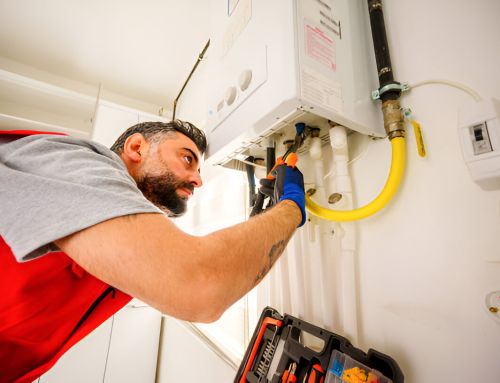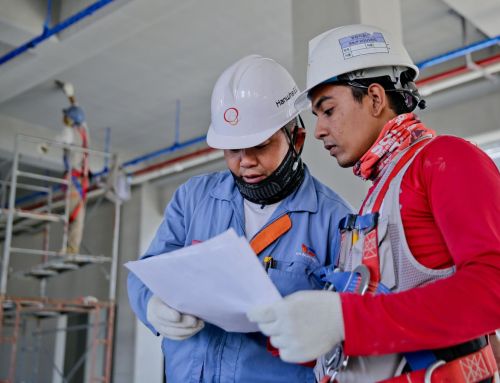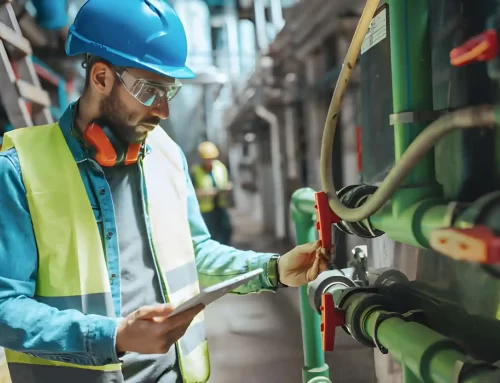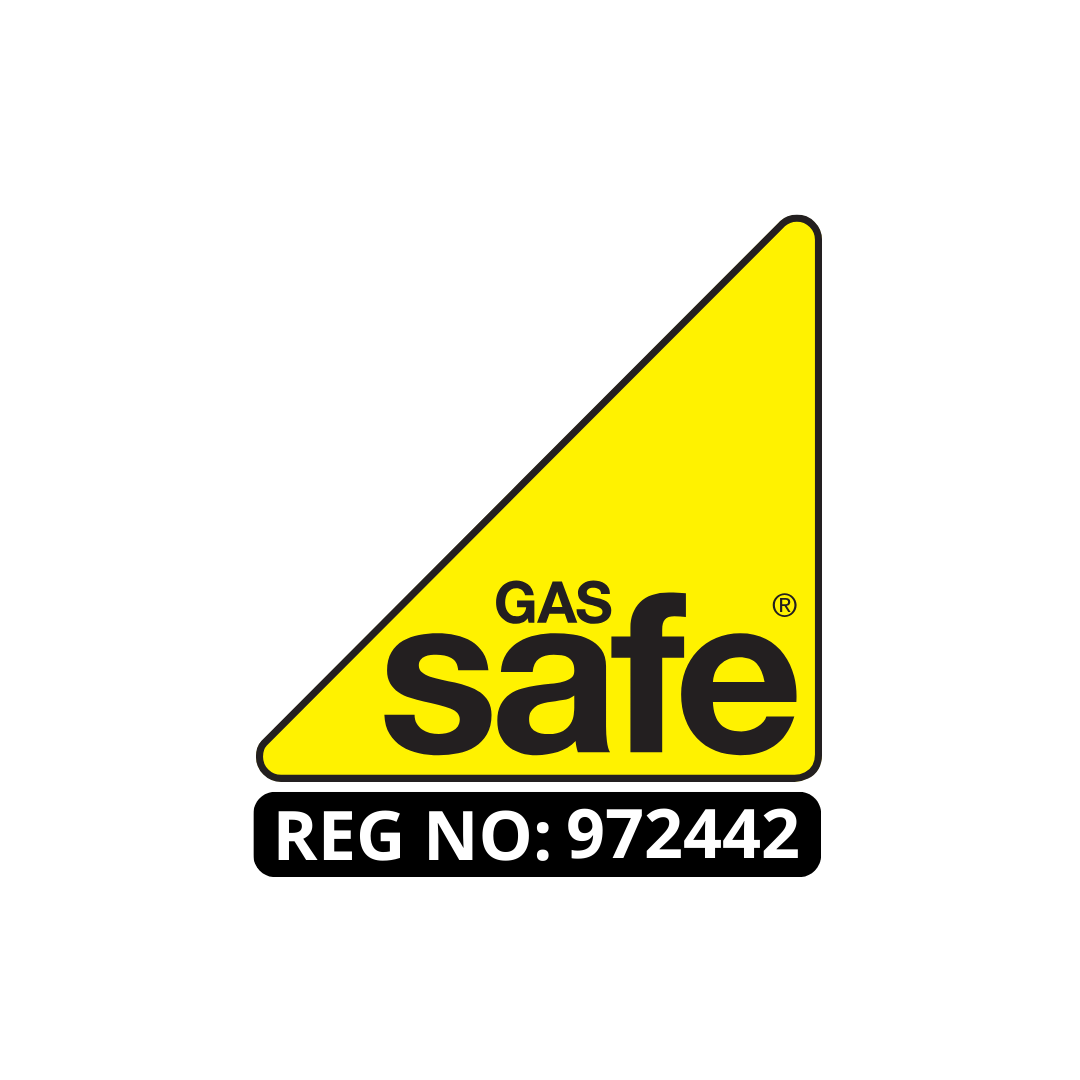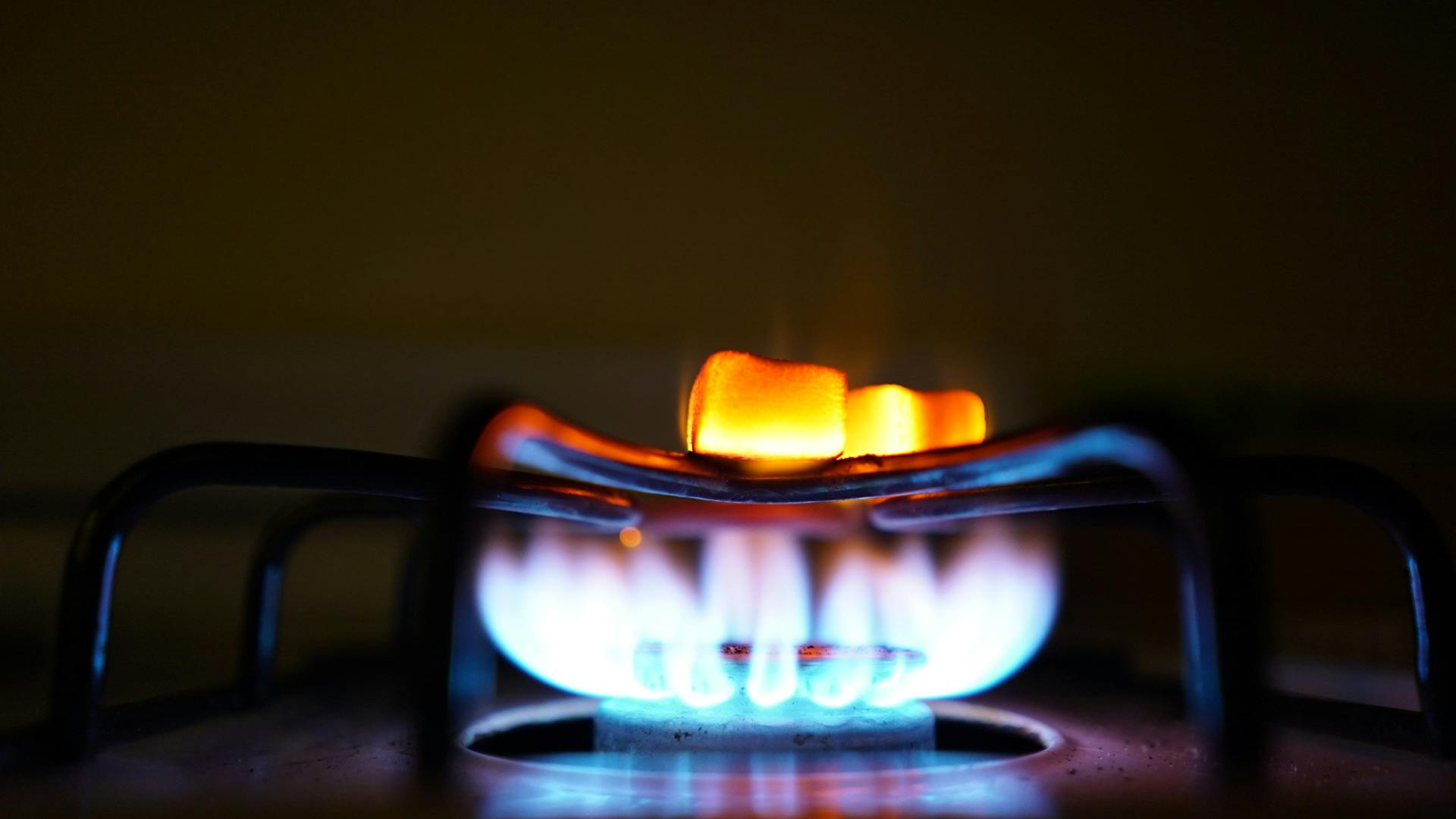
As a homeowner, I’ve always believed that when it comes to gas safety, it’s better to be safe than sorry. But recently, I found myself pondering a crucial question: Do I really need a gas safety certificate?

It’s a topic that can often be overlooked, yet the answer could have significant implications for the safety of my home and loved ones. Let’s explore the importance of gas safety certificates and why they might be more essential than we think.
Understanding Gas Safety Importance
Emphasizing the significance of gas safety in residential and commercial settings is crucial for preventing potential hazards and ensuring occupant well-being. Gas safety benefits are vast, with regular gas appliance maintenance being at the core of safe gas handling. Safety regulations provide an essential overview for maintaining a secure environment.
Importance of inspections can’t be overstated; they allow for the early detection of any gas-related issues. Gas handling precautions are vital to prevent accidents and ensure the longevity of gas appliances. Being proactive in adhering to these guidelines not only ensures compliance but also guarantees the safety of individuals and properties.
Legal Requirements for Certification
Discussing the legal requirements for gas safety certification entails a comprehensive understanding of the obligations imposed on landlords and homeowners to ensure the safe operation of gas appliances. Landlord obligations mandate an annual gas safety check, conducted by a Gas Safe registered engineer, with a Gas Safety Record provided to tenants.
Gas safety regulations require adherence to certification requirements, ensuring tenant safety through proper maintenance of gas appliances. Certification needs to be renewed annually and reviewed with each change in tenancy to comply with legal standards. Failure to meet these requirements can lead to severe penalties, emphasizing the importance of upholding gas safety protocols.
Proper gas appliance maintenance is crucial for maintaining safe living conditions and preventing potential hazards associated with gas usage. By prioritizing certification and conducting regular checks, landlords and homeowners can guarantee the safety and well-being of occupants while staying compliant with gas safety regulations.
Significance of Regular Gas Checks
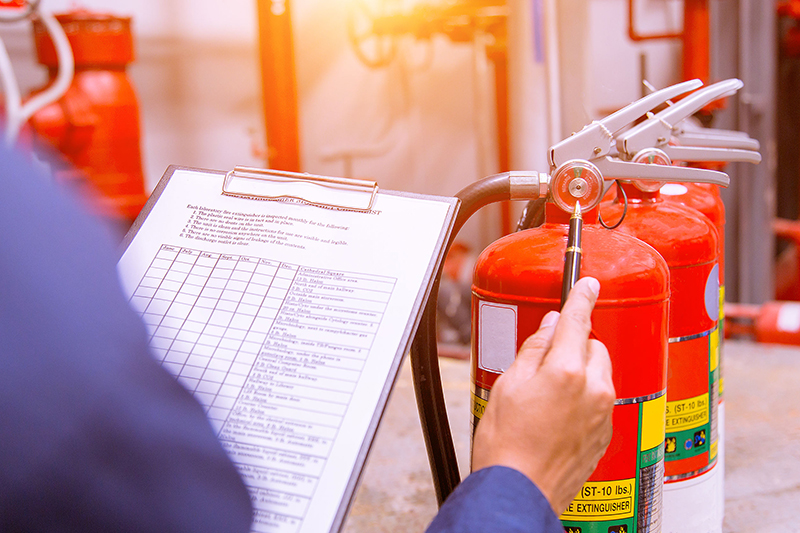
Moving forward from the legal requirements for gas safety certification, a critical aspect to highlight is the importance of regular gas checks in ensuring the ongoing safety and functionality of gas appliances. Gas safety tips dictate that annual inspections are essential for maintaining a safe environment.
Gas appliance maintenance through these checks can prolong the lifespan of your equipment and prevent potential hazards. Importance of inspections lies in early detection of any issues, ensuring compliance with gas safety regulations. By adhering to these regulations, you’re actively ensuring home safety for yourself and your loved ones.
Regular gas checks cover vital aspects such as ventilation, pipework, flues, leakage, and faulty fittings, all of which contribute to a safe living environment. Entrusting Gas Safe registered engineers with these inspections guarantees that any problems are promptly identified and resolved, preventing accidents and promoting peace of mind in your daily life.
Responsibility for Gas Safety Certificate
Responsibility for obtaining a Gas Safety Certificate lies with the property owner, ensuring compliance with legal requirements and maintaining the safety of gas appliances. Landlords are obligated by safety regulations to conduct annual inspections and provide tenants with copies of the gas safety certificate. It’s crucial for tenant awareness that these annual checks are completed to ensure the safety of the property they’re occupying. Gas appliance maintenance is a key aspect of these inspections, as it helps in identifying any potential hazards or issues that may arise.
Landlords must adhere to their obligations to guarantee the safety of their tenants. By conducting these annual checks and obtaining the necessary gas safety certificate, landlords can demonstrate their commitment to maintaining a safe living environment. Additionally, ensuring compliance with safety regulations not only fulfills legal requirements but also promotes the well-being of all occupants. It’s essential for landlords to prioritize gas safety to prevent any potential risks and maintain a secure property for tenants.
Gas Safety Obligations for Landlords
The transition from understanding the Responsibility for Gas Safety Certificate to the Gas Safety Obligations for Landlords involves a direct focus on the legal requirements and responsibilities landlords must uphold regarding gas safety checks and certificates.
Landlords have a legal obligation to conduct annual gas safety checks to ensure the safety of tenants and properties. These checks must be carried out by Gas Safe registered engineers in compliance with gas safety regulations.
The inspection process involves checking all gas appliances, ventilation, pipework, flues, and detecting any potential leaks or faulty fittings. Landlords must provide tenants with a copy of the gas safety record after the inspection, ensuring transparency and tenant rights.
Safety precautions are crucial during these checks to prevent accidents and maintain safe living conditions. It’s essential for landlords to prioritize gas safety to adhere to legal standards and protect the well-being of tenants.
Homeowners and Gas Safety Checks
Regular gas safety checks aren’t legally required for homeowners, but it’s strongly advised to ensure the safety and proper functioning of gas appliances. Conducting regular gas safety checks provides numerous benefits, such as early identification of potential risks, ensuring the efficient maintenance of gas appliances, and preventing hazardous situations.
By following guidelines for gas safety maintenance, homeowners can mitigate risks associated with gas leaks, carbon monoxide poisoning, and appliance malfunctions. Precautions should be taken seriously to avoid dangerous situations, making it essential to have gas appliances checked by qualified professionals.
Adhering to safety protocols not only safeguards the household but also prolongs the lifespan of gas appliances and reduces the likelihood of unexpected breakdowns. Embracing a proactive approach to gas safety through regular checks not only guarantees peace of mind but also contributes to a safe and secure living environment for homeowners.
Frequently Asked Questions
Can Gas Safety Certificates Be Transferred Between Landlords if a Property Changes Ownership?
Gas safety certificates typically can’t be transferred between landlords. Legal implications exist due to ownership transitions. New landlord needs a new certificate. Tenant responsibilities include ensuring the certificate’s validity. Certificate requirements mandate annual renewals.
Is There a Grace Period for Landlords to Obtain a Gas Safety Certificate if They Miss the Annual Deadline?
If a landlord misses the annual gas safety certificate deadline, no grace period exists. Consequences include fines and legal repercussions. Landlords must prioritize safety regulations for tenants and in commercial properties, ensuring timely gas safety checks are arranged.
Are There Any Specific Circumstances Where Tenants May Be Responsible for Arranging Their Own Gas Safety Checks?
As a tenant, I am not typically responsible for arranging my own gas safety checks. Landlord obligations include ensuring annual checks by Gas Safe engineers to comply with gas safety regulations and maintain property safety.
What Are the Consequences for Landlords Who Fail to Provide Tenants With a Copy of the Gas Safety Certificate?
Failing to provide tenants with a gas safety certificate can lead to legal implications for landlords. Landlord responsibilities include ensuring compliance with gas safety regulations. Tenants have rights to receive this crucial document for their safety and well-being.
Do Gas Safety Regulations Differ for Commercial Properties Compared to Residential Properties?
Gas safety standards for commercial and residential properties are similar. Landlords must comply with annual gas safety checks for both. Tenants rely on landlords for safe gas systems. Non-compliance can lead to severe penalties.
Conclusion
In conclusion, obtaining a gas safety certificate is essential for homeowners to ensure the proper functioning of their gas appliances and maintain a safe living environment. By prioritizing regular gas checks and servicing, homeowners can prolong the life of their appliances and protect their family from potential hazards.
It’s crucial to understand the legal requirements and responsibilities associated with gas safety to prioritize the well-being of your household.
About the Author: LandlordCertificate
Related Posts
Get Social
Recent Posts
- Portable Appliance Test London: Expert PAT Testing for All Industries
- EICR London Keeping London Properties Electrically Safe and Compliant!
- Fire Safety Certificate London for Commercial and Residential Buildings
- Fire Safety Planning and fire risk assessment London for Building Safety
- Top Reasons to Invest in Fire Alarm Installation London for Safety and Compliance


